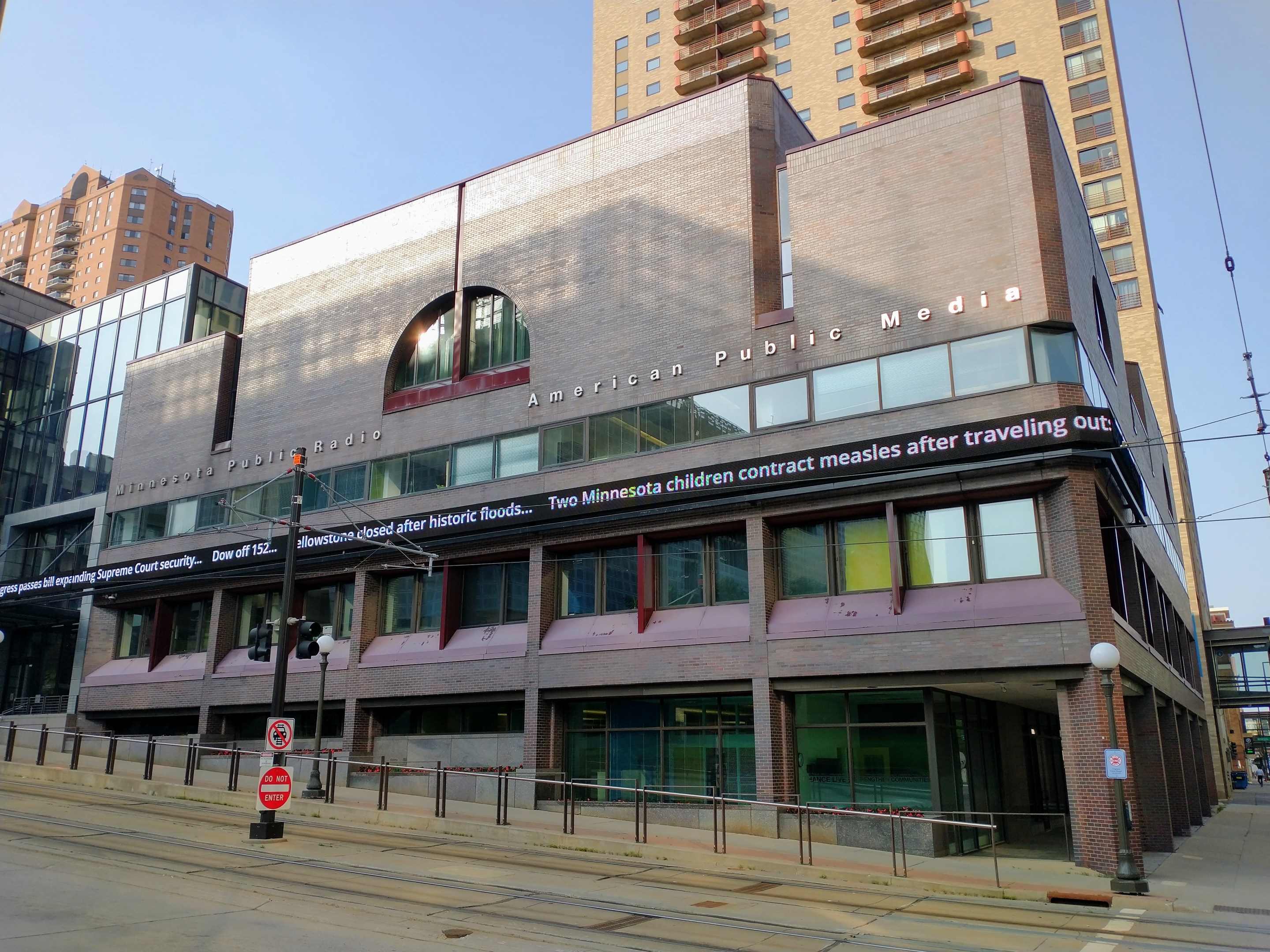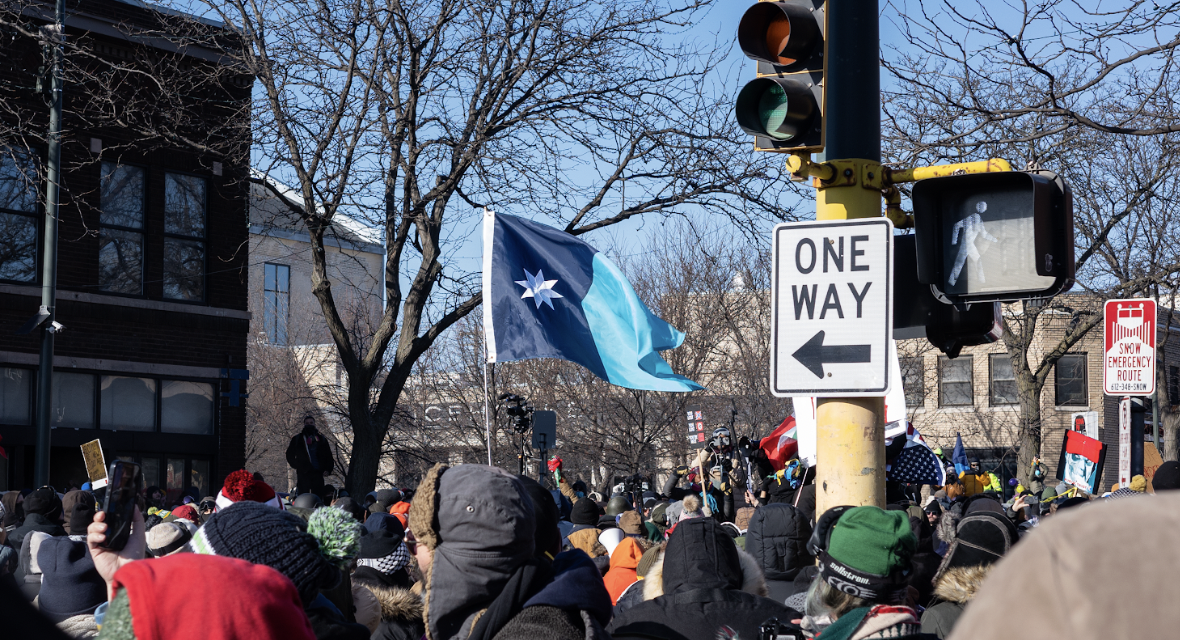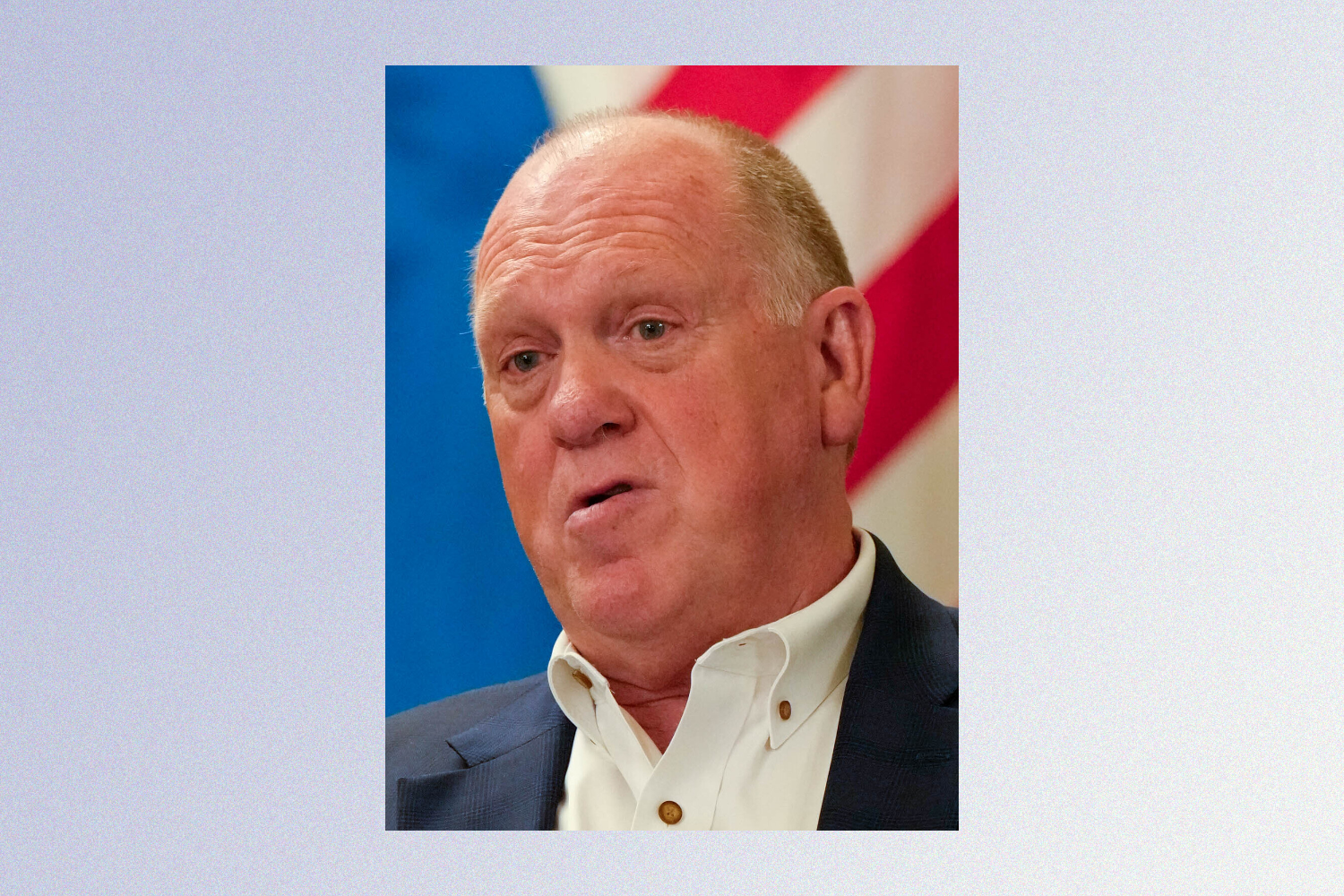Welcome back to The Flyover, your daily digest of important, overlooked, and/or interesting Minnesota news stories.
Congress Guts Public Media, MN Stations Lose $17M
On a party line vote early Friday, the U.S. Congress agreed to rescind $1.1 billion for the Corporation for Public Broadcasting, which means that NPR, PBS, and their member stations will receive absolutely no aid from the federal government. Of that total, 16 Minnesota organizations will lose $17 million in funding, MPR reports.
Locally, this will affect not just MPR and TPT, but small independent stations like KMOJ, Jazz88, and KFAI, as well as rural stations that depend on such funding—MPR will lose about 6% of its budget, but the smaller stations will lose up to 30 to 50% of their budget. And this is all previously approved funding that the stations had budgeted for in advance.
The supposed rationale, as with the GOP assault on universities, is that public media is tainted by so-called “liberal bias” and therefore undeserving of federal funds. The real purpose is to deny Americans middle-class careers in education or journalism and to control the flow of information.
U Students Slammed With New Athletics Fee
In other news related to things the government should pay for but won’t, the University of Minnesota is passing the cost of athletics programs on to other students. As Erin Adler reports for the Strib, the U will begin charging students a $200 “athletics fee” next year to pay student athletes. This comes on the heels of yet another tuition hike: a 6.5% increase for in-state undergraduates and 7.5% for out-of-state undergraduates.
Following a recent settlement, the U of M has agreed to pay $20.5 million per year to student athletes in football, men’s and women’s basketball, volleyball and men’s hockey. Mark Coyle, the U’s athletic director, defended the new surcharge, saying it isn’t uncommon. “If you kind of take a step back and think about it, almost every student that touches this campus from walk-on week to graduation, they go through athletic facilities,” Coyle, whose annual salary is $1.4 million, tells the Strib.
Evan Nelson, a 2025 graduate, disagrees. “I think it’s stupid,” he says.
Time to Start Whining About the State E-Bike Rebate Program Again
Last year, the state of Minnesota set up a limited e-bike rebate program, and some local publications couldn’t stop griping about it. Well, get ready to gripe, folks, because the state will begin accepting rebate applications again on July 30.
This time, things will be a bit different, as Dustin Nelson explains over at Bring Me the News. It won’t be the sort of first-come, first-served dash for rebates that caused the system to go down last year. And to prevent rebates from going disproportionately to higher earners (last year 40% of rebate recipients earned over $100K) there will be firm income thresholds.
The limits are $78,000 for married couples, $62,000 for heads of household, and $41,000 for sad, single losers like myself, though there are exceptions for people with disabilities. The rebate covers 75% of a qualifying e-bike purchase, with a max of $750.
IATSE Pickets Yacht Club
You’d think a festival charging $18 for a Miller Lite could pay its stagehands fairly. But according to this report from KARE 11, members of International Alliance of Theatrical Stage Employees Local 13 will be picketing the three-day Yacht Club event on St. Paul's Harriet Island, protesting unfair wages and benefits, including a lack of health insurance and subpar overtime.
"Right now, their wage proposal is more than $5 less than our lowest in the St. Paul-Minneapolis area. Their benefits are miserable, shall we say, like 11% and we are in the 16 to 20%," a union spokesperson tells KARE. Rockforce Labor, the company employing festival workers, responded with some nonsense boilerplate B.S. we won’t bother to quote here.







